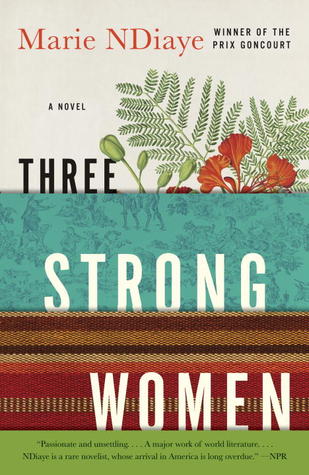Yael Van Der Wouden
"The Safekeep" (De bewaring) - 2024
#6Degrees of Separation:
from The Safekeep (Goodreads) to Demon Copperhead
The starter book this month is "The Safekeep" by Yael Van der Wouden. Again, I have not read the starter book. This is the description of the novel:
"An exhilarating, twisted tale of desire, suspicion, and obsession between two women staying in the same house in the Dutch countryside during the summer of 1961—a powerful exploration of the legacy of WWII and the darker parts of our collective past.
What is going through the mind of a mass murderer? What is going through the mind of his mother? This book is trying to answer that question.
Again, I quite like the author's style, the way she portrays the different characters. Apparently, an homage to E. M. Forster's "Howards End". The fact that she manages to make this into a very modern story shows how timeless a writer she is.
I totally can relate to the quote "The world was silent when we died." I don't think many of us knew where Biafra was. Here we can learn about it.
Kingsolver, Barbara "The Lacuna" - 2009
This story stretches from Mexico over the United States to Russia, describes the lives of Mexican painters Diego Rivera and Frida Kahlo and Russian leader Trotsky, all woven together by the life of one Mexian-American guy who is thrown into their lot.
Şafak, Elif "The Island of Missing Trees" - 2021
This takes place in Cyprus and we learn about the people on this divided island. As an example we have Greek Kostas and Turkish Defne. They fall in love but - as usual in such cases - their love is forbidden.
David Copperfield in a modern version, written by one of the greatest contemporary writers.
📚📚📚






















